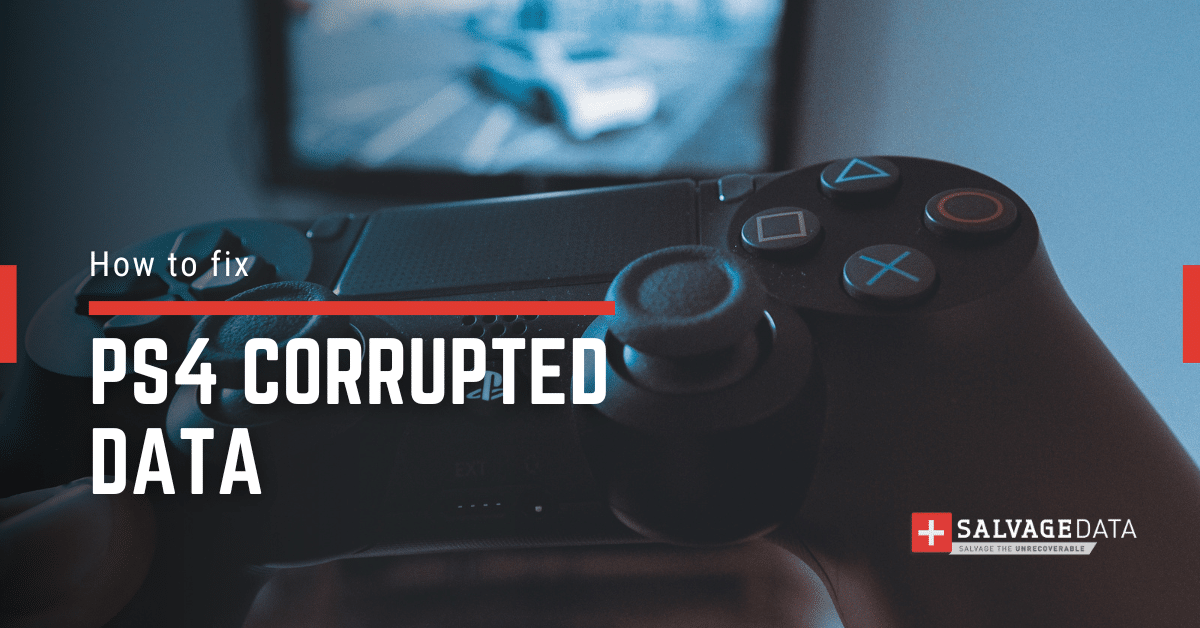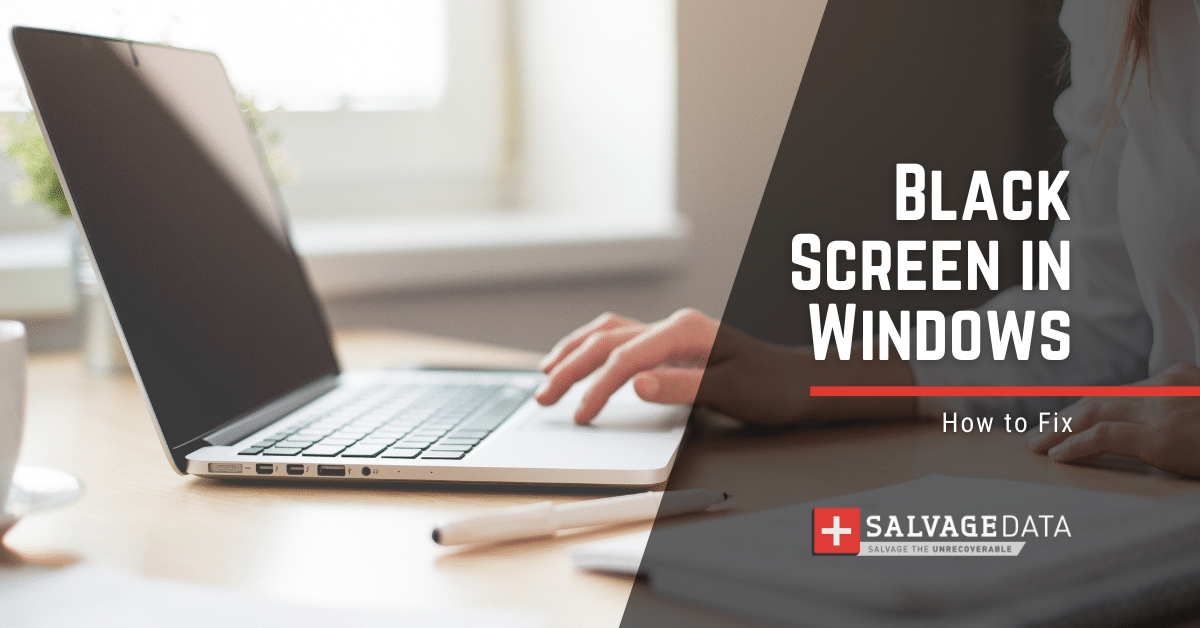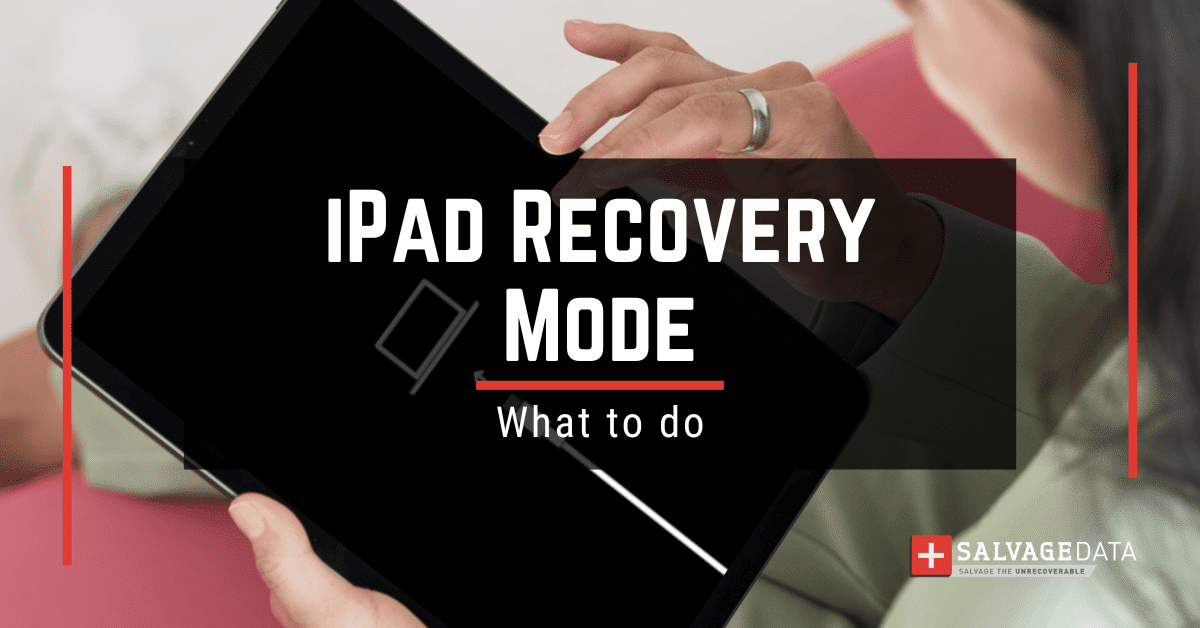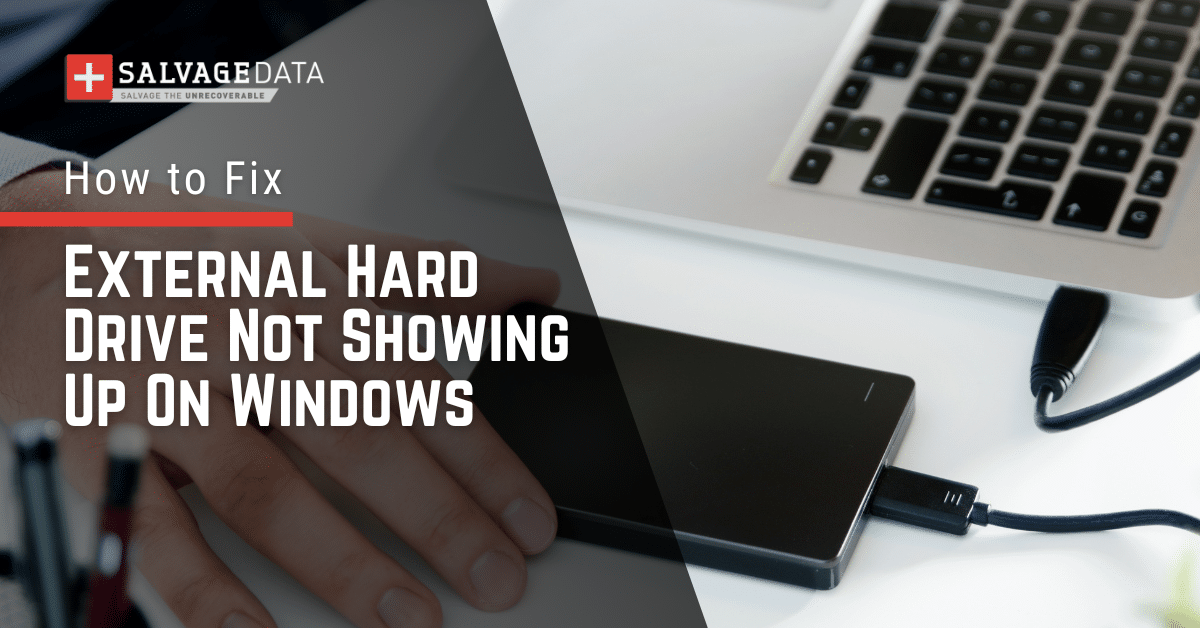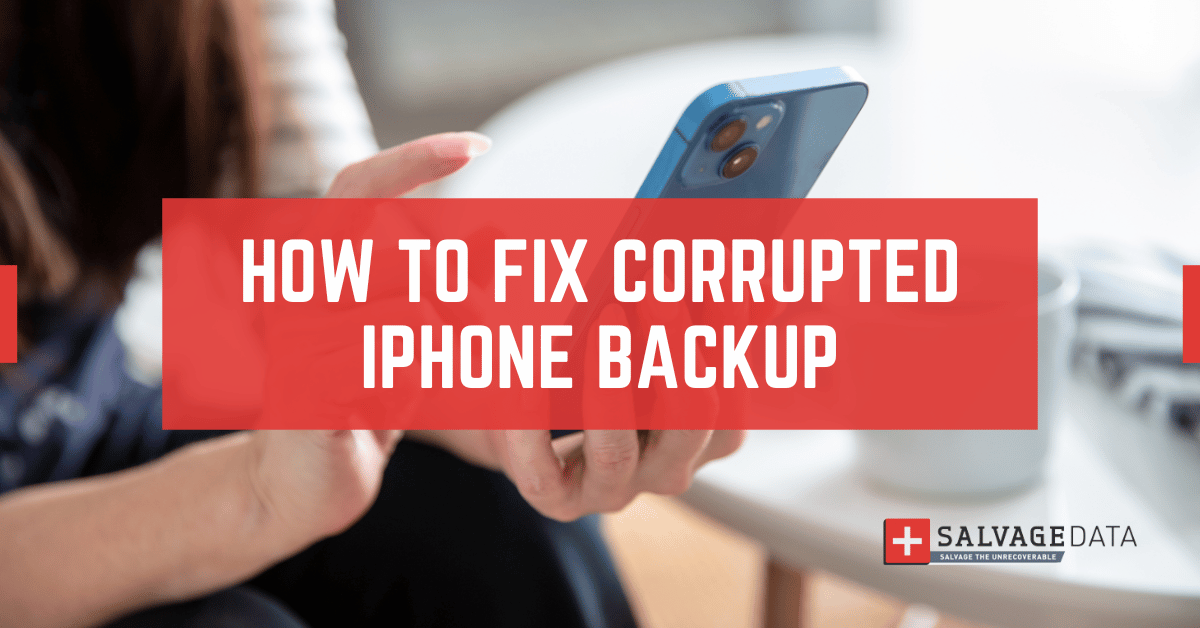Recent Articles
Quickest Mobile Data Recovery Case: 100% of Data Recovered in One Hour
How to fix a corrupted database on PS4
How to Troubleshoot Black or Blank Screens in Windows
LockBit Ransomware: A Comprehensive Guide to the Most Prolific Cyber Threat
How To Use iPad Recovery Mode
How to Prevent Overwriting Files: Best Practices
External Hard Drive Not Showing Up On Windows – Solved
How to Fix a Corrupted iPhone Backup
Backup and Remote Wiping Procedures
Common VMware Issues and Troubleshooting Solutions

I think there's an issue with my storage device, but I'm not sure Start a free evaluation →
I need help getting my data back right now Call now (800) 972-3282
USR0 Ransomware is a type of malicious software that encrypts your files and demands a ransom to decrypt them. USR0 is part of a growing trend of malware that uses strong encryption to hold your files hostage. This ransomware is particularly dangerous because it uses the AES-256 encryption algorithm, which is very difficult to crack. It also appends the “.usr0” extension to encrypted files, making them impossible to open without the decryption key.
History
USR0 Ransomware was first discovered by researchers in August 2016. Since then, it has been used in many attacks, most notably against the San Francisco Municipal Transportation Agency (SFMTA) in November 2016. USR0 is believed to be part of a larger campaign of ransomware attacks that have targeted US cities and municipalities. It is also known as CryptXXX and Locky Ransomware.
In what way does USR0 infect your computer?
This malware is typically spread through spam emails that contain malicious attachments or links. These emails are often disguised as invoices, job offers, or other seemingly innocuous files. The ransomware encrypts the victim’s files when the attachment is opened or the link is clicked. USR0 will also drop a ransom note, typically named “README.txt,” that contains instructions on how to pay the ransom and decrypt the files.
How much is the ransom?
The ransom demanded by this ransomware varies but is typically between 1 and 2 Bitcoin, or about $1,000-$2,000. The ransom note also contains a time limit for payment, after which the price will double. USR0 Ransomware will also delete any backups that it finds on the victim’s computer.
Prevention
The best way to prevent USR0 is to have a good backup strategy in place. You should have both local and off-site backups, and you should test your backups regularly. Also, you should be cautious about opening email attachments, even if they appear from a trusted sender. USR0 Ransomware can also be prevented by using a reputable antivirus program that includes malware protection.
What should you do if you are infected with USR0 Ransomware?
If it infected you, you should not pay the ransom. There is no guarantee that paying the ransom will decrypt your files, and there is a risk that you will simply be wasting your money. Instead, you should focus on restoring your files from a backup. If you do not have a backup, you may be able to use a data recovery program to recover your files.
SalvageData data recovery software is one of the most effective data recovery software for USR0 Ransomware.
Public decryption tool is not available for USR0 Ransomware.
But first of all, USR0 should be removed from your computer to avoid any further damage.
To remove it from your computer, you can use a reputable anti-malware program like Malwarebytes or Norton.
Contact a data recovery service
If you don’t have a backup and you can’t decrypt your files, you may be able to use a data recovery service. Data recovery services specialize in recovering data from infected computers. They may be able to decrypt your files or at least give you a good chance of recovering them.
SalvageData is one of the leading data recovery services. Our US-based team of certified data recovery experts has a 90% success rate for USR0 and other types of ransomware. We offer a free consultation to assess the severity of your case and give you a no-obligation price quote.
If you’ve been infected with ransomware, don’t panic. There are steps you can take to recover your files and prevent further damage to your computer. Contact SalvageData today to get professional help.


